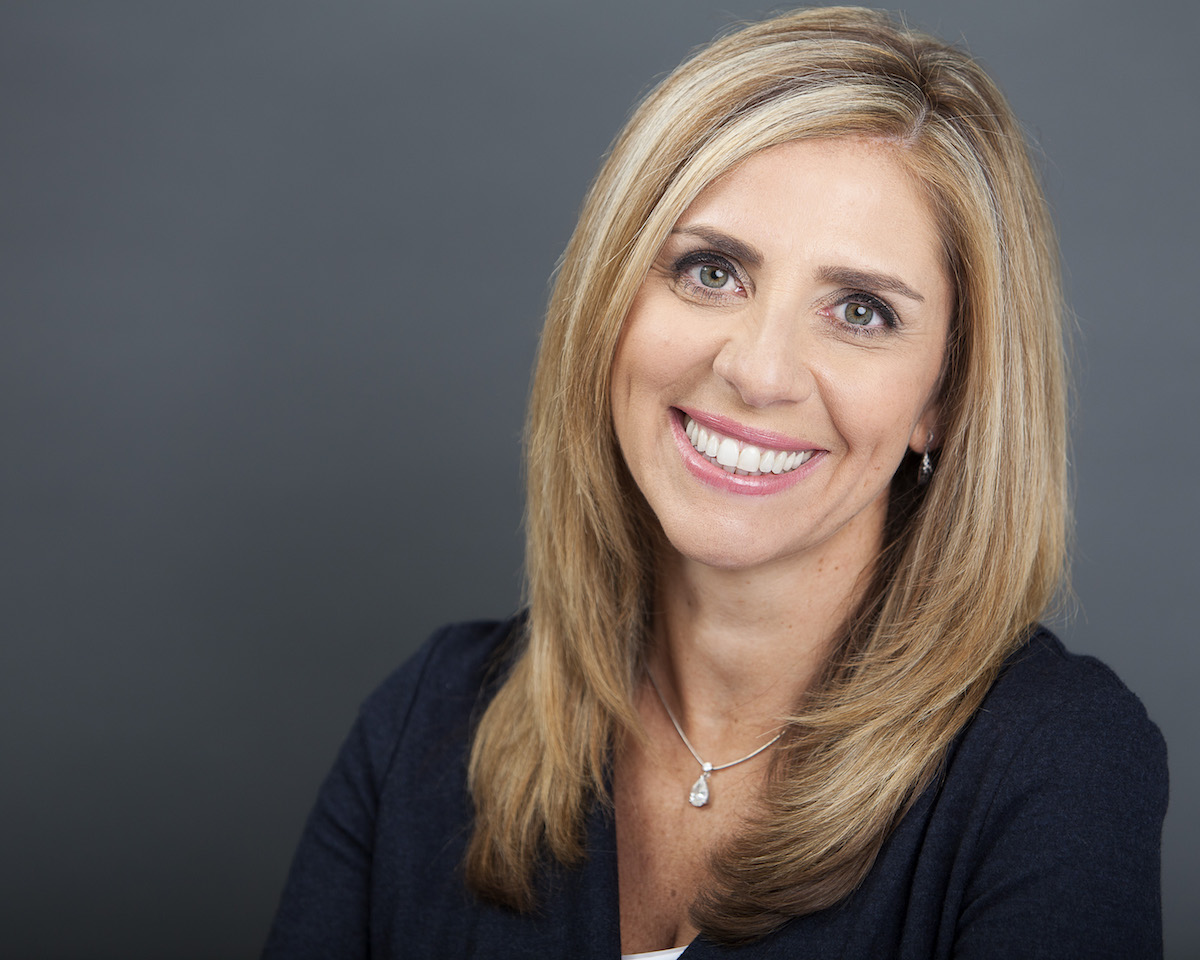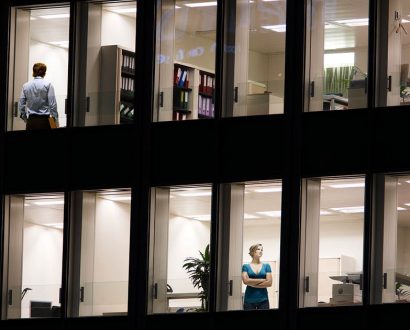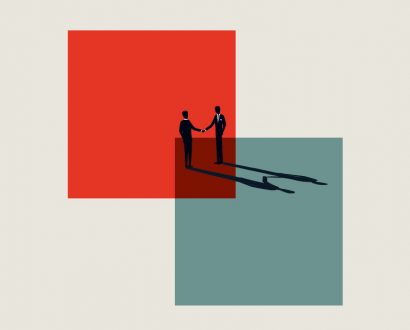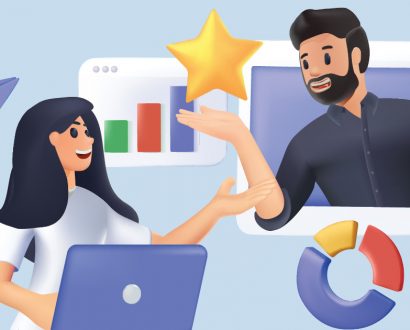“I have never forgotten attending an event which was to be addressed by a leading progressive journalist. I had arrived early and to my pleasure had found that the only other person there early was the amazing woman who at that time was global head of diversity at BP plc. The third person who arrived was the speaker himself.
Surveying the room and its two inhabitants he said to no-one in particular, “Oh, I’m the first to arrive then.”
We often hear about the unconscious nature of bias, and the fact that it can operate within an apparently fair business culture.
It’s what creates self-doubt, and can result in people questioning whether a company is a place they belong. It stops people bringing their whole selves to work, and realising their potential.
Behaviours like this undermine diversity, and make it harder for women and minorities to succeed. To tackle this, we first need to recognise where this behaviour is occurring.
Kicking off#IWD18 @theirworld calling on all of us to #changetheculture. Gr8 2 recognise @AnnieLennox @bbclysedoucet @MukwegeFound for the work they do to end violence against women and girls. @junesarpong @SarahBrownUK pic.twitter.com/ea7wI9cVls
— nicola mendelsohn (@nicolamen) 1 March 2018
In 2014, we at Facebook developed our own unconscious bias training course to help our people understand how their biases may be affecting how they perceive and treat their colleagues.
I’m pleased to say that 99 per cent of people at manager level and above have now taken this training.
At the same time, helping women develop a greater sense of self-belief is key to ensuring the next generation of female business leaders rise up, and Facebook research has shown that all women in business can make a difference here.
We found that many would-be female entrepreneurs said having a relatable role model would inspire them to start a business.
In response, in November 2017, we launched a campaign in the UK to champion relatable women who are running amazing businesses. Women like Hannah Whitehead who in 2016 went from working in the charity sector to launching Good Deed Dating, a social enterprise which works with charities to run volunteering events for single people in London and now has nearly 500 members in the capital alone.
On @BBCWorld talking #shemeansbusiness Facebook campaign with @nicolamen and @millineryrosieo @BBCBusiness pic.twitter.com/GCvlGpn2uF
— Susannah Streeter (@BBCStreeter) 26 May 2016
By telling the story of women like Hannah, we hope to inspire others to gain the confidence to start their own business journeys – whether that’s by founding their own businesses, or having courage in their convictions within established businesses.
By telling the story of women like Hannah, we hope to inspire others to gain the confidence to start their own business journeys.
This particular campaign is part of Facebook’s #SheMeansBusiness initiative, which I launched in the UK in 2016 to inspire more women to start a business and to provide them with the support, tools and knowledge they need to do so. We’ve now launched #SheMeansBusiness in four markets across EMEA, with more to come this year.
The key to success in this male-dominated tech industry is having the courage to speak out, and bringing your whole self to work. It can be so easy to revert to what we know or what has always been done, but so much can be gained from feeding curiosity and being prepared to go against the grain.
For example, early in my career I used to stay quiet in meetings when I had an idea, fearing that I’d say something stupid. Someone else – usually a man – would then suggest the exact same idea and get praised for it. If only I’d been braver. And that’s not just advice for young people. All women should have the self-belief to put themselves forward and make their voices heard. How else will we inspire the next generation of women if we don’t set the examples ourselves?
The tech industry is male-dominated, and it’s not unique in that respect. There is still just one female German CEO on the DAX. One French female CEO in the CAC40.
There are seven women CEOs in the FTSE100, but can you guess how many are men called John? Seventeen. Our culture is still hard-wired against women in leadership roles, and there is still a great deal of work to be done regarding equality, women’s rights and human rights in general.
Based on current trends, women and men in all OECD countries are expected to be paid the same by 2300. That’s 282 years away.
Based on current trends, women and men in all OECD countries are expected to be paid the same by 2300. That’s 282 years away.
The good news is we are in the midst of a much wider cultural shift in attitudes towards women and minorities, and change is happening.
Part of this shift has been a recognition that nobody should be paid less for their work or held back in their career as a result of a bias – regardless of gender, age, race, sexuality or ethnicity.
After all, we’re not just talking about money here, but about the basic concepts of equality and fairness. At Facebook, we look at wages annually, to ensure they are fair when the data is cut by categories like gender, and encourage our people to have hard conversations.
Sharing experiences & advice is a powerful tool in our fight against inequality. Great to be joined by Cressida Dick and @samthesparrow this AM to hear how they are pushing for fairness for all #InternationalWomensDay pic.twitter.com/ezQMj98pkX
— nicola mendelsohn (@nicolamen) 2 March 2018
We may not be perfect and we may have some way to go in dealing with all the ways in which bias manifests itself, but we are in the business of creating products for a diverse world. Everyone is wonderfully different – they think and want different things – and if we want to progress as a society then companies need to embody and celebrate those differences.
I grew up in a family where my mother and grandma both worked, so I’ve always had strong women to look up to and lean on for support.
Now that I’m a mother of four children, what makes me most proud is not anything I’ve achieved, it’s the fact that there is now an amazing array of courageous women for my daughter Gabi to look up to – in business and in popular culture.
Gabi once told me how she and her friends consider me a role model, which made me so happy I could burst, and it’s a responsibility that I cherish.”







